
Zombie Economics
How Dead Ideas Still Walk Among Us
Recommendation
Like a horror movie villain, discredited economic theories can return to haunt you. Australian economist John Quiggin claims that some of these ideas – like total privatization, perfectly rational markets and trickle-down policies – nearly destroyed the world’s economy and are attempting a comeback. To drive the final stake through the brain-eating, dead soul of “zombie economics,” he knifes through five dangerous principles of “market liberalism.” With no apparent fear of controversy, he explains why each “zombie idea” failed and describes a new, alternative approach, melding free-market capitalism with judicious use of government involvement to address crucial social needs. Quiggin heavily annotates his work, and though economic jargon can, at times, slow your progress, he rewards your persistence. This eerie tour through defunct yet durable economic theories will intrigue anyone who enjoys a good scare. Find your silver bullets, construct your booby traps and carry your axes for good measure: Quiggin says the time has come to kill those zombies once and for all.
Summary
About the Author
John Quiggin is an economics professor at the University of Queensland in Australia.









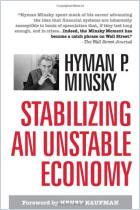
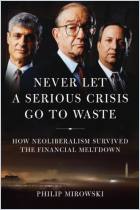
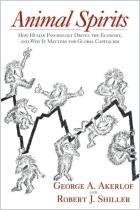
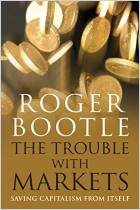
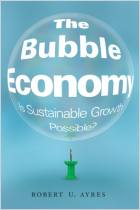
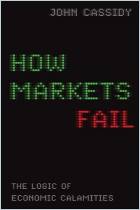




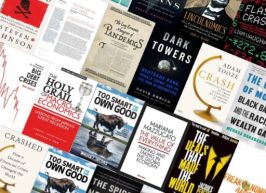




Comment on this summary or Start Discussion
Thank you very much for your feedback. We supply abstracts across the political and economic spectrum, so we find it quite unfortunate that the first one you read is one with which you disagree. For a point of view you might find more compatible as an antidote, might I suggest The Battle.
In terms of our political point of view, our objective is to supply a wide range of book summaries so that our readers are well informed. Being a Swiss company, we are entirely and completely neutral.
We hope you find many more book summaries to enjoy on our site,
The getAbstract Team